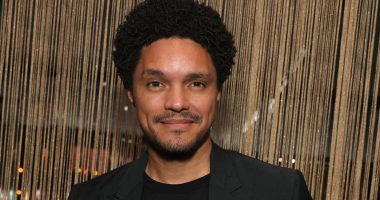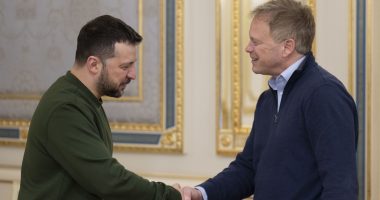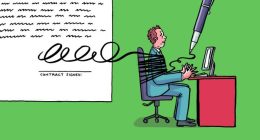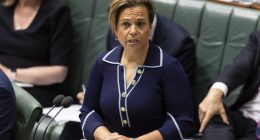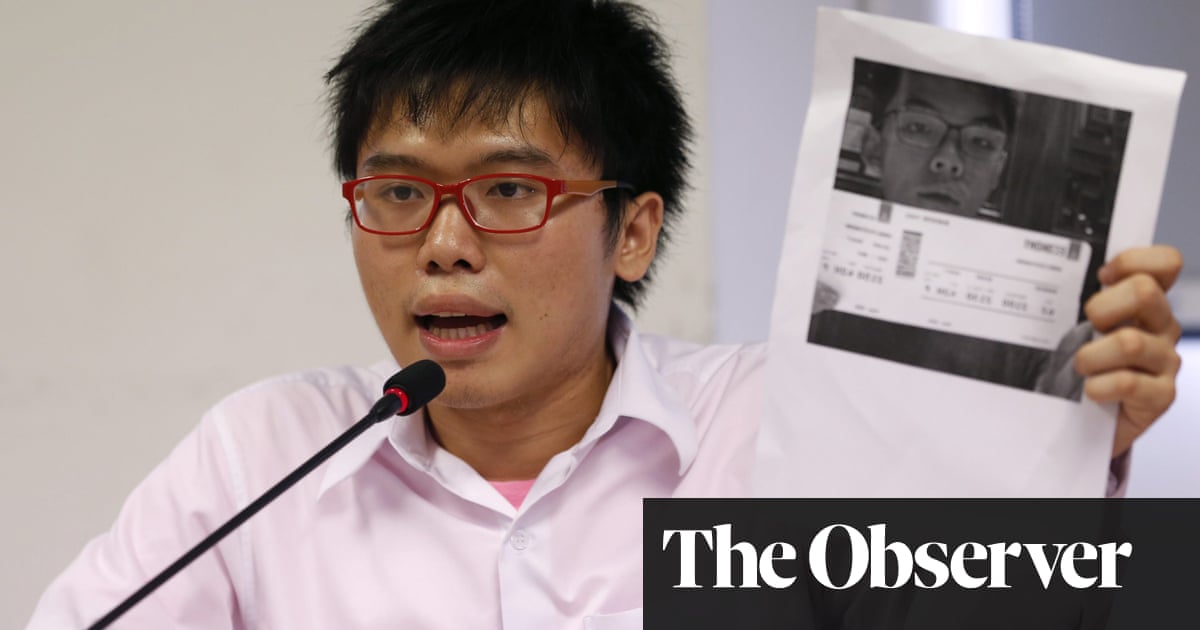
Every April in Thailand young men take part in a lottery to determine whether they will be forced to do military service. Pull out a red card and you are drafted for up to two years. A black card means you are exempt.
When it was Netiwit Chotiphatphaisal’s turn to draw a card this month, he refused, making a rare protest as a conscientious objector. If prosecuted, it is believed he could become the first person in Thailand to be imprisoned for avoiding the draft through civil disobedience. The offence carries a maximum sentence of three years.
“I’m very anxious. When I’m sleeping, I am thinking about whether I will have to go to jail. I will lose a lot of things – I already have a business now. I will lose everything,” Netiwit, 27, told the Observer. But he added: “I think someone has to do this, to show that we have a problem.”
Netiwit said the system was outdated, ineffective and unfairly affected the poorest, who were less well placed to find ways to avoid the draft. It was also, he said, part of a wider system that undermined the country’s democracy.
The prominent activist first announced his objection to military service as a teenager, after the military seized power in a coup in 2014. It was only last year that the former coup leader Prayuth Chan-ocha, who later became prime minister, left office, after his party suffered a humiliating electoral defeat.
Military service “brainwashes people”, Netiwit said. “I think that military service is one thing that holds our country to be ruled by the military.”
Move Forward, a youthful pro-reform party, won most votes in last year’s election, but was blocked from power by military-appointed senators, and so a coalition was formed between Pheu Thai, the party of ex-leader Thaksin Shinawatra, and its former enemies in pro-military parties.
The concept of being a conscientious objector is relatively new in Thailand, according to Panuwat Panduprasert, a political science professor at Chiang Mai University. This was partly because older generations were less likely to perceive the obligation as a violation of their rights, or to want to risk protesting against the military, he said. There are also many ways, legal and illegal, for people to avoid military service – provided they have the resources.
One of the most common options is to take a military training course for one day a week during secondary school. This option is not available to all students, however. “[Students] have to have a qualifying exam,” said Panuwat. “In practice, it turns out that the system is biased towards students from prestigious schools.”
People can also be exempted on medical grounds, or if they become a monk of a certain rank. Others use illegal means such as bribery.
The system was stacked against the poorest, said Netiwit, with those who were forced to serve losing jobs or career opportunities. Past research by Amnesty International found evidence that new conscripts face violence, humiliation and sexual assault, with LGBT conscripts particularly vulnerable. High-profile deaths in training camps have also raised questions about their treatment.
Last year, eight military personnel were jailed for wrongful exercise of duties and negligence, after the torture and killing of a conscript in 2011.
after newsletter promotion
Defence minister Sutin Klungsang has said that these incidents are rare.Such cases have, however, added to pressure for reform. Last month, the hashtag “end mandatory conscription” went viral on social media after a Move Forward MP, Tisana Choonhavan, called on the army to investigate the suicide of a conscript who had previously worked as her assistant. Before his death, he had told her that he was stressed, and had been ordered to sweep the floors and mow the lawns of his commander’s house. The army denied there was a connection between his death and treatment as a conscript.
Later, a naval conscript posted a widely shared video about how he had been ordered to do the household chores for his officer, including washing underwear, cleaning the dishes and clearing away bottles of alcohol.
In the past, people were less likely to openly criticise the military, said Netiwit. “People didn’t dare to talk [like] this in public because they think they will be in trouble.” Today, the situation had changed, he added, referring to youth-led mass protests in 2020 that not only called for reform of the military, but also broke a deeply ingrained taboo and criticised the monarchy.
Read More: World News | Entertainment News | Celeb News
Guardian


